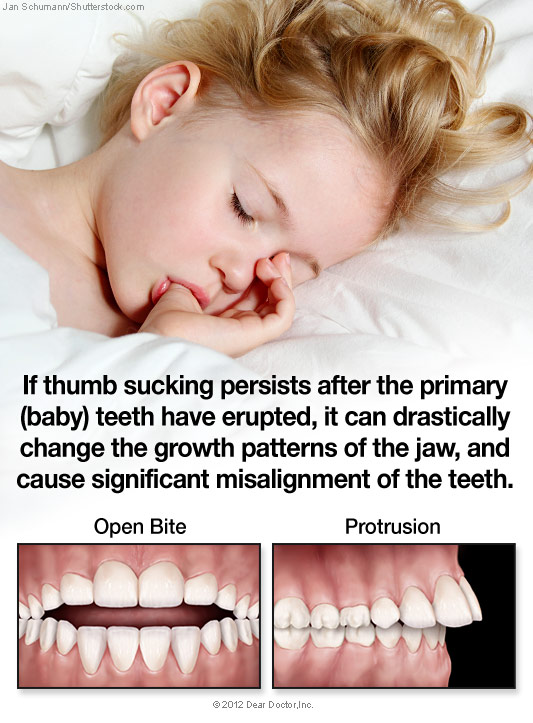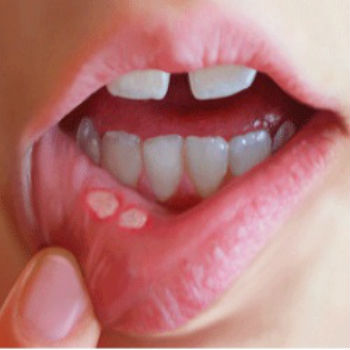Case Studies
Thumb Sucking
Some children find thumb sucking comforting. However, thumb sucking can put pressure on tiny teeth and start pushing them forward, which may lead to braces or tooth removal. So, if possible, it’s best to avoid thumb sucking. But, as many parents know, it’s a tough habit to break.
If your children suck their thumbs and you want them to stop, try talking with them about it. Work out a plan together for stopping. It’s more than likely they’ll know that they should try to stop. After that, make sure you call attention to it every time you notice your children thumb sucking — often they won’t even realize they’re doing it.
Mouth Ulcers
These are small red or yellow sores that can appear on the gum or the inside of your child’s cheek and can be quite uncomfortable. Usually, mouth ulcers are caused by brushing incorrectly, minor burns from hot food and drinks, biting the inside of the mouth accidentally, or some kind of irritation, such as a tooth that's become rough or orthodontic braces that rub against the inside of the cheek.
The good news is they usually only last a few days and you can get special antiseptic mouthwashes and gels to reduce the discomfort. But if they persist it might be a good idea to see your dentist or doctor for advice.
Cavities/Tooth Decay
Your children’s teeth are amazing. They’re tough, perfectly shaped, and even come with their very own defense mechanism — a protective layer of enamel. However, children’s enamel is not as strong as adult enamel.
When we eat food or drinks containing sugar, the bacteria on our teeth turn it into acid, which attacks the enamel. Over time, saliva neutralizes this acid, but if your children eat a lot of sugary foods or drink sugary drinks, their teeth will be exposed to more acid, more often — that’s when teeth can start to decay.
If decay is left unchecked, a hole forms below the surface and eventually the surface will collapse and a cavity is formed. In the early stages, this won’t cause your child any pain, and the dentist should be able to see it and stop it from developing into a bigger hole. This is another reason why regular dentist visits are so important.
If the cavity isn’t stopped, it can spread into the softer dentin layer that lies underneath the enamel, causing toothache. In the worst case scenario, the cavity will continue to spread through the soft center of the tooth, which can be very painful and may mean the whole tooth has to be removed.



